Die Delegation – Eine utopische Reportage [The Delegation] (Rainer Erler, 1970)
Sep
9
0 h 20 GMT
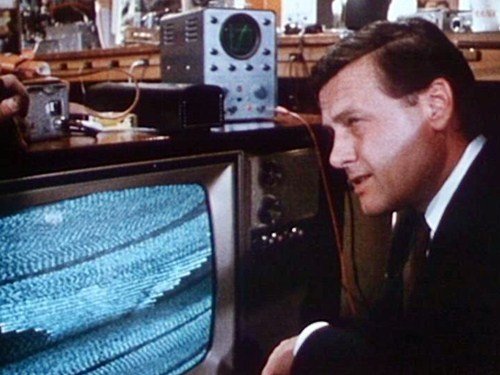
Reporter Will Roczinski (Walter Kohut) picks up mysterieus signals through the ether (via). DP: Charly Steinberger.
We watch the final report by Will Roczinski, who sadly died in a car crash while working on a TV documentary about UFOs and the like. A fascinating early “faux footage” film from the BRD. One can only wonder how the average West German processed the fantastic premise.
TVMovie
“Sex is not to do. Sex is to watch.”The Year of the Sex Olympics (Michael Elliott, 1968)
Sep
7
ESPN – 1979
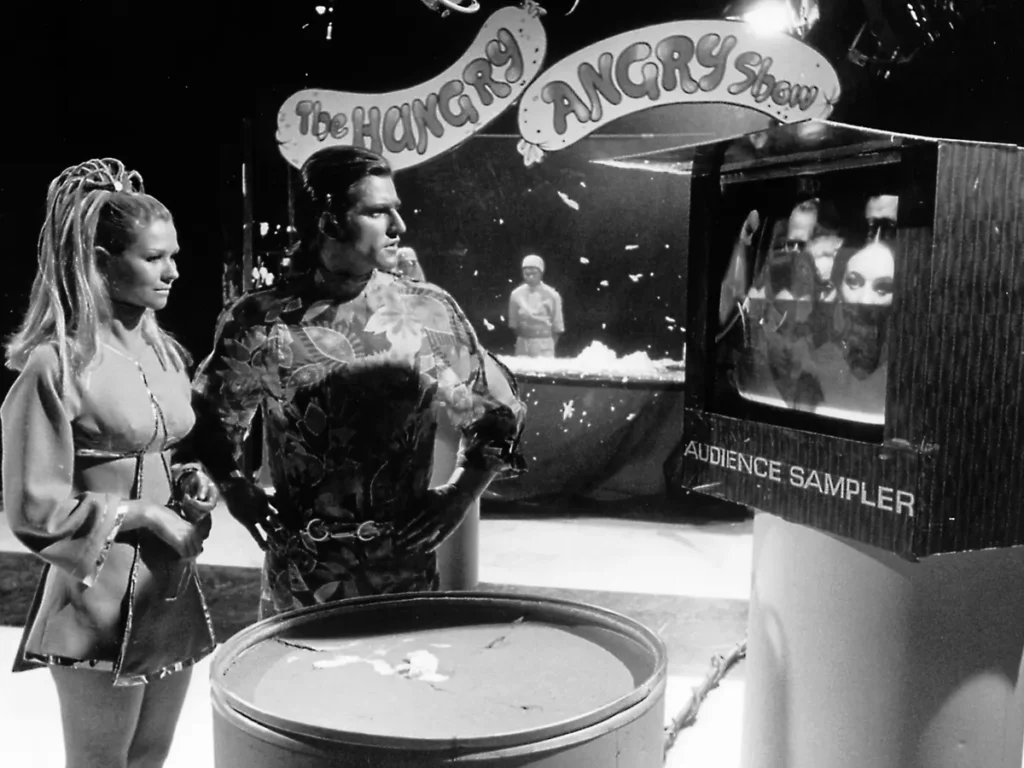
The people of a suspiciously 60s looking future critically watch the audience of a reality TV show called The Hungry Angry Show.
Sports watching on TV for ESPN's debut.
– Nat Mender
All that's on TV is pornography and violence. Welcome to the Year of the Sex Olympics.
“He moved over to the window: a smallish, frail figure, the meagreness of his body merely emphasized by the blue overalls which were the uniform of the party. His hair was very fair, his face naturally sanguine, his skin roughened by coarse soap and blunt razor blades and the cold of the winter that had just ended. “Nineteen Eighty-Four (Rudolph Cartier, 1954)
Aug
18
indigo
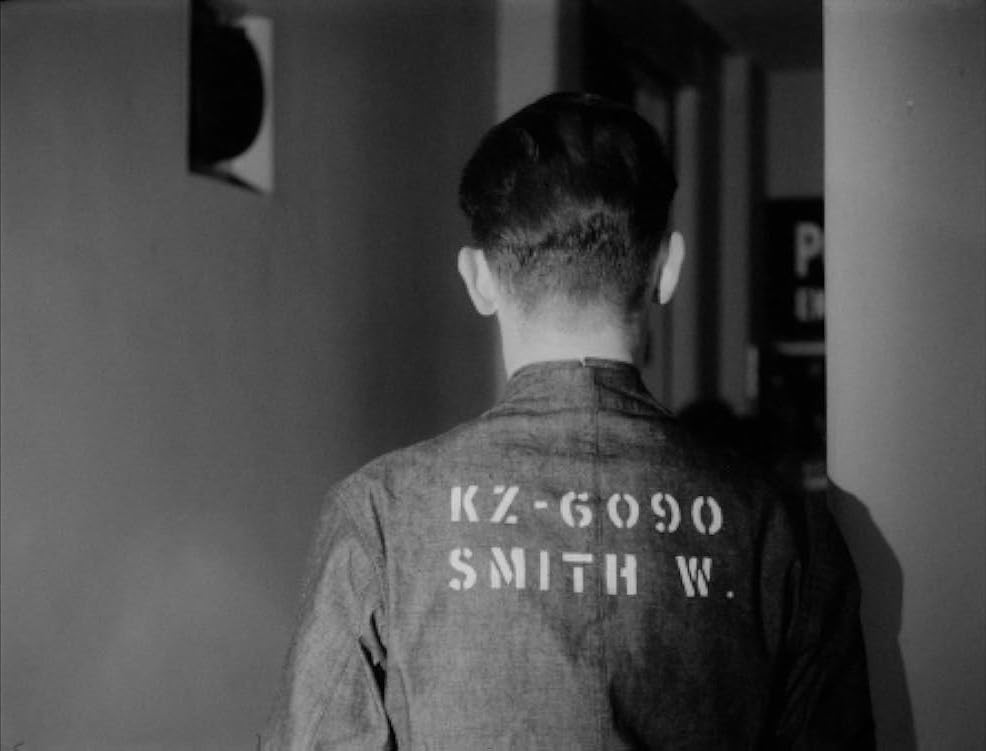
Winston Smith (Peter Cushing). We only see his frail looking back with the identifier KZ-6090, and his name SMITH W.
Indigo, in food or fashion*
– George Orwell, Nineteen Eighty-Four (1949) (via)
* the Bales 2025 Film Challenge for August is not date-related but lists, for the most part, the colours of the rainbow.
“Into my heart an air that kills
From yon far country blows:
What are those blue remembered hills,
What spires, what farms are those? That is the land of lost content,
I see it shining plain,
The happy highways where I went
And cannot come again.”Blue Remembered Hills (Brian Gibson, 1979)
Jun
16
Youth Day
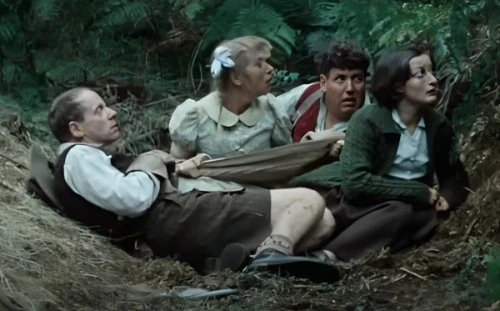
The children playing in the Forest of Dean. From left to right: Raymond (John Bird), Angela (Helen Mirren), Willie (Colin Welland), and Audrey (Janine Duvitski). DP: Nat Crosby.
A [favourite] child character for Youth Day (ZA)
– narrator, after A.E. Housman's A Shropshire Lad
A group of children plays. It's sunny and lovely in the Forest of Dean, a day to remember for as long as one lives. The war, the second one, is one of the adults' plays and far away from the children's much simpler life. It seeps through, though. You may run around, imagining being a fighter bomber, putt-putt-putting while you do so. And your uncle, your uncle!, is a parachutist! And maybe your dad is missing and your mum is doing something that involves bed sheets, and the other kids are mean about that. That too. That too is the cruelty of blue remembered hills.
Deň radosti [A Day of Joy] (Dušan Hanák, 1972)
Jun
12
1971

Exuberant revellers. DPs: Martin Gazík, Alojz Hanúsek & Oskár Šághy.
“Our grandfathers always lived on Earth, and we are the first people ever to undertake such a journey. You can be proud that you’re here. Your grandfather, who volunteered to come, was a great man, and we’ve got to do everything to make sure that the Station keeps running.”Thirteen to Centaurus (Peter Potter, 1965)
May
4
Star Wars Day

Dr Francis (Donald Houston) and Abel (James Hunter). DP: tbd.
Intergalactic travel on Star Wars Day
– Dr Francis (from Thirteen to Centaurus, J.G. Ballard, 1962)
A ship travels the universe, on its way to Centaurus. On board is a group of people, fourteen in total, one of them a teenager named Abel. His recurring nightmare about a glowing disc prompts to sessions with the on-board psychologist, and the only one with knowledge of Earth, Dr Francis.
Goya 3 de mayo [Goya, May 3rd] (Carlos Saura, 2021)
May
3
1808
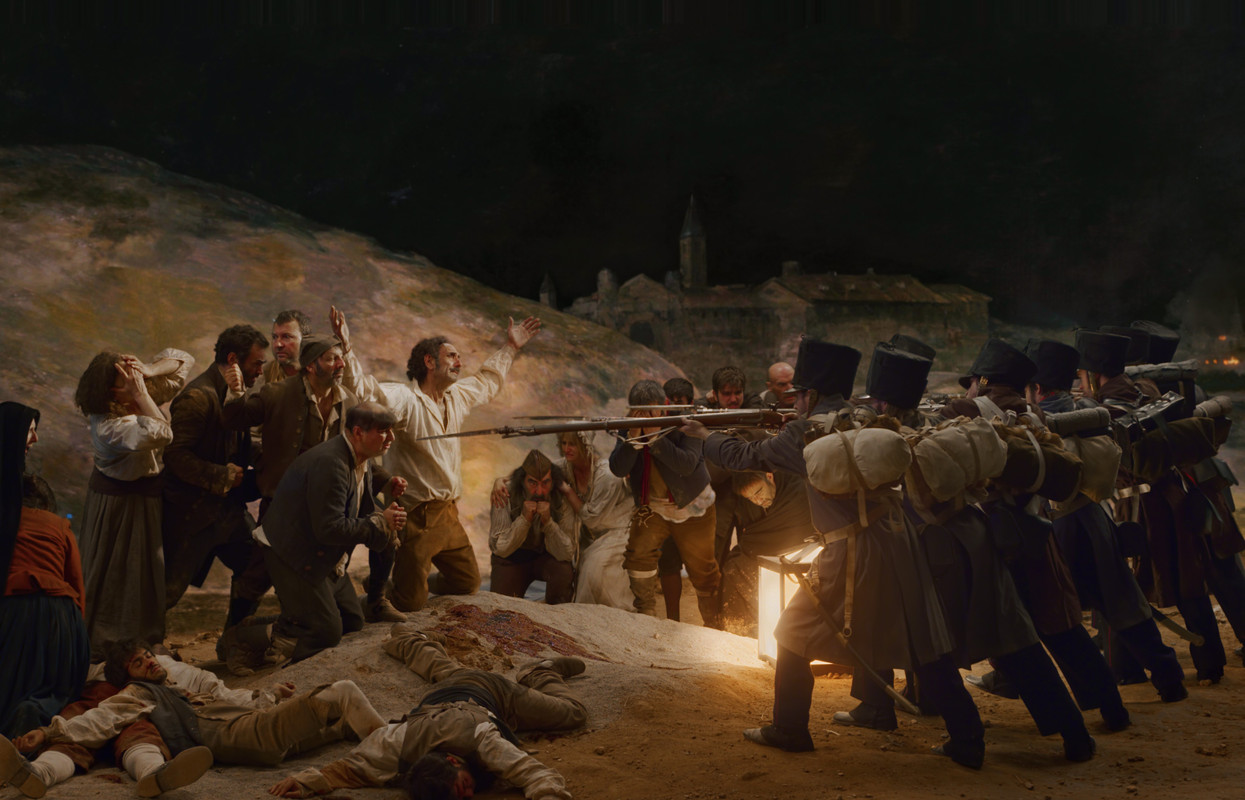
Saura's reconstruction of Goya's anti-war painting El tres de mayo de 1808 en Madrid (1814). DP: Sergio De Uña.
Willi Tobler und der Untergang der 6. Flotte [Willi Tobler and the Decline of the 6th Fleet] (Alexander Kluge, 1969)
Apr
27

One of many many handmade, overly complicated title cards. The date is May/June 42. DPs: Dietrich Lohmann, Thomas Mauch & Alfred Tichawsky.
And November 9, January 14, and January 21.
“Sir Thomas Sheridan, Jacobite military secretary. Suffering advanced debility and loss of memory. Former military engagement, 56 years ago. Sir John MacDonald, Jacobite captain of cavalry. Aged, frequently intoxicated, described as 'a man of the most limited capacities.' John William O'Sullivan, Jacobite quartermaster general. Described as 'an Irishman whose vanity is superseded only by his lack of wisdom.' Prince Charles Edward Stuart, Jacobite commander in chief. Former military experience: 10 days at a siege at the age of 13.”Culloden (Peter Watkins, 1964)
Apr
16
1746
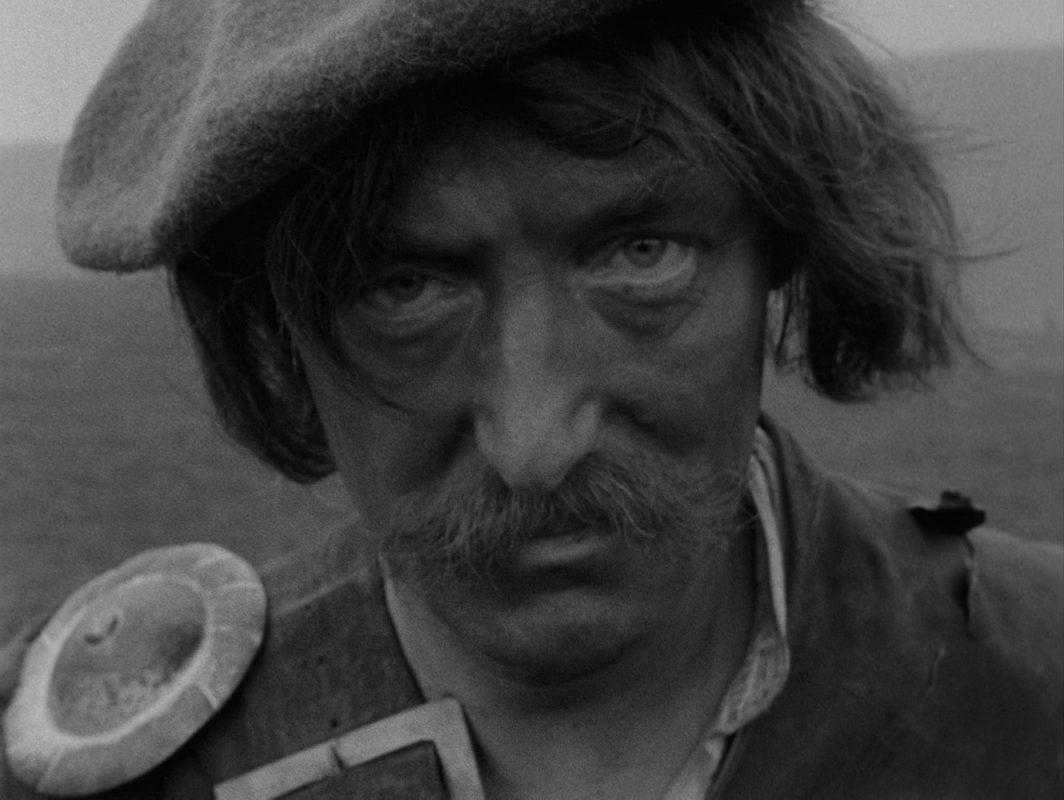
One of the clansman. The look in his eyes foreshadows the Vietnam War this films comments on. DP: Dick Bush.
– narrator
L'homme à la valise [The Man with the Suitcase] (Chantal Akerman, 1983)
Mar
11
close quarters

Henri (Jeffrey Kime) and the woman (Chantal Akerman) at a claustrophobically small table, each eating their breakfast. The woman has a baguette, a bowl of coffee, and a cigarette. Henri takes up most of the table with a serving tray holding a whole box of Pelletier toast, a plastic milk bottle, and a coffee pot. He's also manspreading. DP: Maurice Perrimond.
Close quarters: US premiere of 10 Cloverfield Lane (2016).
A filmmaker (Akerman) reluctantly hosts a guest (the always imposing Jeffrey Kime) in her already cramped quarters. His increasingly expanding presence in volume, sight and sound are insufferable for the quiet cineast.